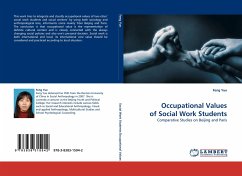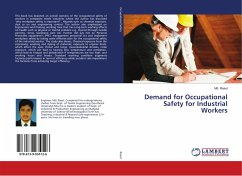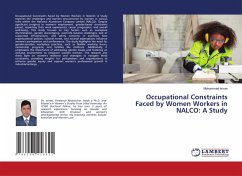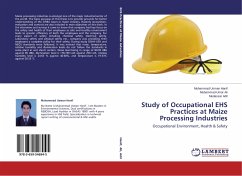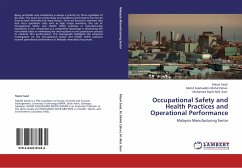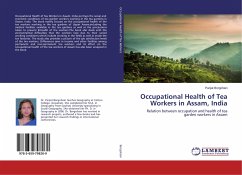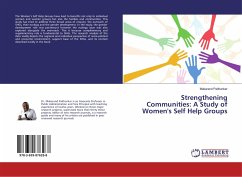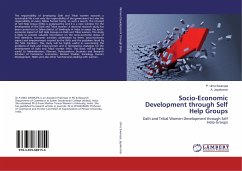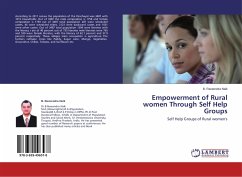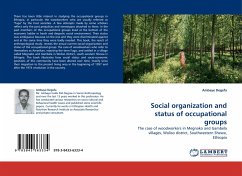
Social organization and status of occupational groups
The case of woodworkers in Megnako and Gambela villages, Woliso district, Southwestern Shewa, Ethiopia
Versandkostenfrei!
Versandfertig in 6-10 Tagen
32,99 €
inkl. MwSt.

PAYBACK Punkte
16 °P sammeln!
There has been little interest in studying the occupational groups in Ethiopia, in particular the woodworkers who are usually referred as "Fuga" by the host societies. A few attempts made by some scholars reflect only the past prejudices and stereotypes attached to them. In the past members of this occupational groups lived at the bottom of the economic ladder in harsh and despotic social environment. Their status was ambiguous because on the one and they were discriminated against and at the same time they were badly needed. This book, the result of anthropological study, reveals the actual c...
There has been little interest in studying the occupational groups in Ethiopia, in particular the woodworkers who are usually referred as "Fuga" by the host societies. A few attempts made by some scholars reflect only the past prejudices and stereotypes attached to them. In the past members of this occupational groups lived at the bottom of the economic ladder in harsh and despotic social environment. Their status was ambiguous because on the one and they were discriminated against and at the same time they were badly needed. This book, the result of anthropological study, reveals the actual current social organization and status of the occupational group: the case of woodworkers who refer to themselves as Amarikan, rejecting the term Fuga, and settled in a village called Megnako and Gambela in Woliso district, south-western Shewa in Ethiopia. The book illustrates how social status and socio-economic positions of this community have been altered over time, mainly since their migration to the present living area in the beginning of 1957 and after the 1974 revolution in the country.



